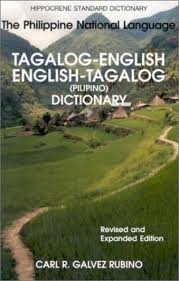
Wika Notes 01a



No, this isn’t an ultra-nationalist or racist rant, and sorry if the title sounds that way. In fact, right now I’m having a long and lovely affair with (or rather, rediscovery of) Spanish culture and language. I threw a little farkin’ title up there, so I’ll have your attention when I lash away at ignorant mongers of fake loan words from Spain.
I don’t know how the new techie terms began to overpower our common vocabulary. But here they are, overwhelming us like an unannounced summer deluge. You can no longer get out of your house without wading into their treacherous deeps.

You still wondering what I’m talking about? I’ll give you three examples.
Vet. Time was when an animal doctor vetted a brood of poultry or a stock of cattle. Which meant, basically, that the poultry or cattle population were kept healthy by selecting those stocks that passed a certain criteria, by preventing disease outbreaks, and by culling out those that are unhealthy.
Now you see the term being bandied about everywhere, from public governance (“A committee was assigned to vet the Cabinet appointees…”) and corporate HR (“He vetted his staff closely…”) and to data (“Make sure to always vet your sources.”) In short, appointees are no longer screened. Staff support is no longer evaluated. And data sources are no longer graded. Nowadays, they are all vetted.